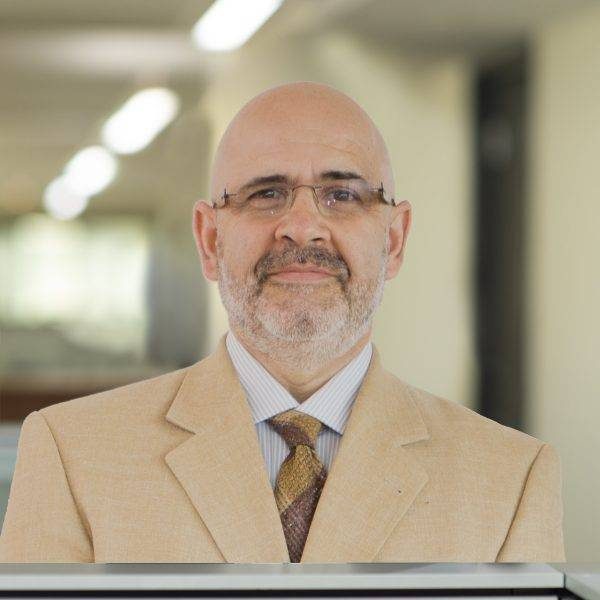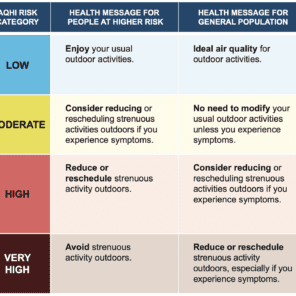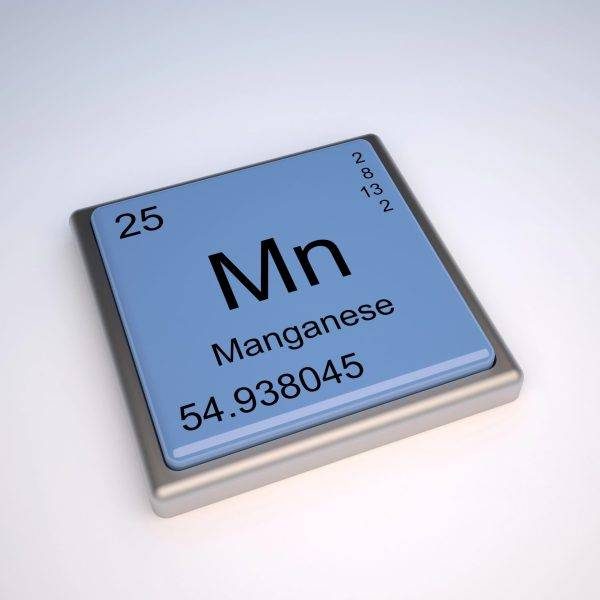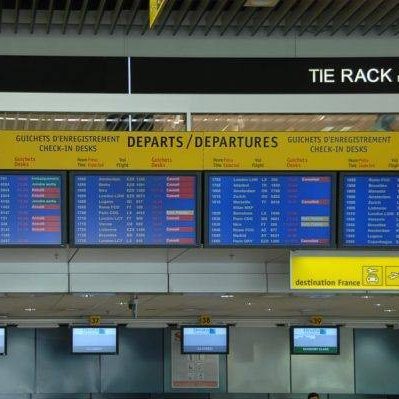Client: International Organization for Migration (now: UN Migration)
Listing of the client in no way affirms the client's support, sponsorship, or validation in any form of Risk Sciences International or the RSI staff member(s) who conducted this project during their stay with RSI or prior to joining the company. This case study is displayed for informative purposes only to demonstrate the capacity of RSI staff members. This case study reveals no proprietary information or information deemed sensitive.
Institutional & communications assessment
In the mid-1990s the International Organization for Migration (IOM) faced one of the most pivotal moments in its history. Though it counted 76 member states, it remained outside the United Nations system, and its work was increasingly perceived to overlap with that of the UN High Commissioner for Refugees (UNHCR). At precisely the time when migration pressures were rising due to conflict, displacement, and human rights violations across the Middle East and Africa, questions were being asked about whether IOM should continue as an independent entity or whether its mandate should be folded into an existing UN agency. The risk was that at its point of greatest relevance, IOM could lose its institutional footing.
The Director-General asked for a comprehensive analysis of IOM’s mandate and its standing with key stakeholders. The request included a review of internal structures and responsibilities, identification of operational risks and inconsistencies, and a sensitive exploration of member state views—both formal positions and what was being said behind closed doors. The organization also wanted an assessment of how IOM was being perceived externally by the media, by partner agencies, and by international organizations, to gauge whether there was sufficient support for its continued independence.
The overarching purpose was to equip IOM with an evidence-based strategy for securing legitimacy and alignment at a critical juncture. Leadership wanted to know whether the international community would support an empowered IOM with a renewed mandate, or whether they should prepare for closer integration with UNHCR. In short, the client sought the foundation for a sustainable institutional future at the heart of the multilateral system.
Experts related to this case study
More RSI Case Studies
RSI presents a very small selection of case studies to highlight some of its key work.




















